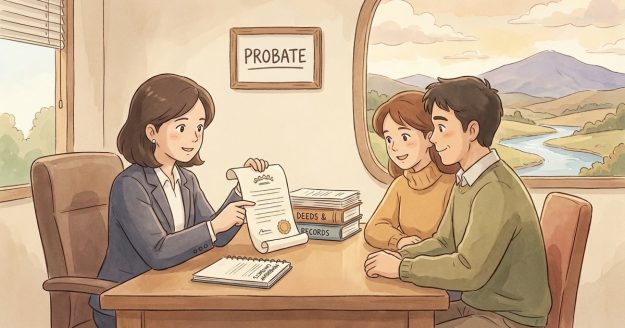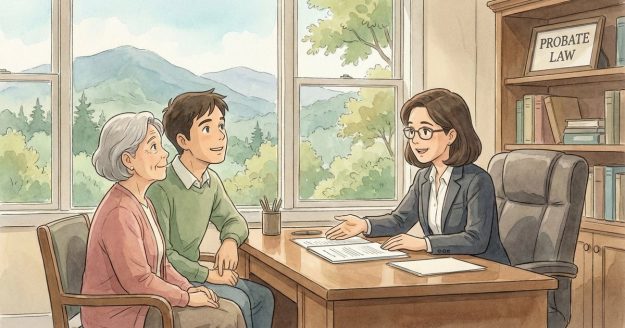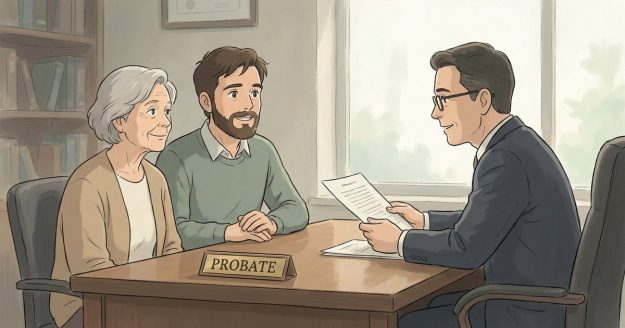Once the estate is opened, what authority will I have to act on behalf of the estate in a wrongful death case? nc
Once the estate is opened, what authority will I have to act on behalf of the estate in a wrongful death case? – North Carolina Short Answer In North Carolina, once the Clerk of Superior Court appoints a personal representative (often an “administrator” in an intestate estate) and issues Letters of Administration, that personal representative…











